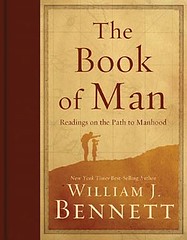“This Was Their Finest Hour,” by Winston Churchill.
After witnessing the fall of other European countries to the forces of Hitler and Mussolini, Britain feels the threat advancing toward them.
He reminds us that we cannot undo the past. In a moment of crisis, we cannot waste time reflecting and bewailing past mistakes and actions, but must assess our current situation, take stock of the things in our capacity to do, and then do them. It is not a time to break down and cry, but to show what you are made of – to rise to the occasion.
He tells the people that even against the odds, there is no reason for despair or panic; and reminds them of the last war, where for the first four years they were subject to defeat, yet managed to emerge from this with hope.
He shows the battle for Britain as the turning point for the fate of the world. If Britain is victorious, the whole world is victorious. Yet, if Britain is defeated, the whole world will follow her fate. Britain, then, not only has a duty to herself, but to the whole world.
This speaks an awful lot about the role and importance of community, doesn’t it? Especially of global community. And how we are our brother’s keeper. We stand as one, or we fall as one. Our actions do affect those around us. There is such a thing as a higher purpose, a moral imperative, an objective truth. If we persevere in our struggles, if we fight the good fight, if we live with integrity and honor, then regardless the outcome, it will be our finest hour as well.
Do we live this way?
